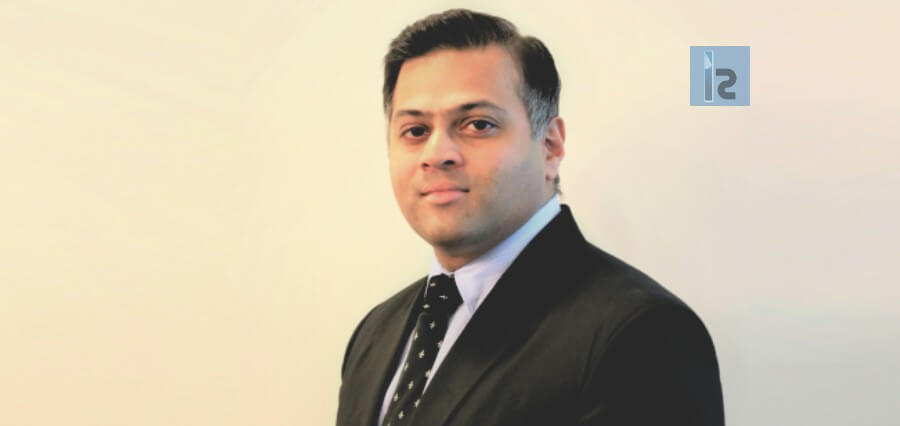The legal industry in India has changed substantially over the past two decades. The service delivery model has undergone a complete transformation. With technological advances, there are new solutions emerging like e-Discovery software, telepresence, legal advice chat-bots, risk and compliance tools, virtual data rooms and AI making way into the legal industry. Continuously reinventing the manner in which legal services are provided, while still remaining relevant and useful to the clients in this digitally consumed environment, is the biggest challenge that lawyers face today. As the economy expands, foreign inflows are growing and corporate offices in India are slowly moving from being promoter-driven to professionally managed enterprises. The legal sector is gearing up to respond to these changes. There are several avenues in the legal space for lawyers these days such as practicing in court, providing non-litigious legal services (as part of law firms or otherwise), offering risk and compliance advice, undertaking legal managed services, working in legal process outsourcing, etc. With these multiple avenues, the legal sector in India is experiencing a serious growth phase.
“I started off in a traditional attorney-counsel legal practice, where even having a computer to draw up documents was a privilege,” says Vihang Virkar – Partner, PDS Legal. “Now we use several digital tools for research, drafting documents, maintaining data and providing services,” he further adds. He started his career interning with a prominent lawyer on the appellate side of the Bombay High Court. For two years, Vihang diligently followed him in court, read the briefs, sat through client meetings, spent hours on research and listened to him argue all sorts of matters from writ petitions, land acquisition issues, election petitions to appeals from murder trials. “I didn’t realize it then, but that time in court contributed immensely to my practice as a corporate commercial lawyer,” expresses Vihang.
Exploring The Legal Paradigm
His senior was appointed as a Judge in the High Court and Vihang, pursuant to a campus interview, joined Desai and Diwanji. The budding advocate spent fourteen years at that firm, starting off as an intern and leaving as a Partner in 2015. Desai and Diwanji was then among the few large law firms with a strong litigation and real estate practice as well as a market-leading corporate-commercial law practice. “I was fortunate to get the chance to work with and learn from some of the best minds in the legal industry,” tells Vihang. Quite early in his time at Desai and Diwanji, Vihang started working on M&A and private equity investments. He was also spending a fair bit of his time on aviation law. Later, he went on to lead the aviation law practice of the firm and worked on some very complex transactions in this space during his glorious days at Desai and Diwanji.
“Few colleagues and I moved to PDS Legal in February 2015 as we wanted to take on the challenge of building something on our own,” proclaims Vihang. PDS Legal was then, predominantly known for its tax litigation practice. In a little over four years, the firm has started appearing on the league tables, being written about in publications and invited to bid for some very large and complex transactions. Its clientele ranges from global Fortune 500 companies to public sector undertakings and fast-growing Indian corporate offices. PDS Legal is now a full-service law firm on an aggressive growth path.
If that’s the case…
One of the assignments that influenced Vihang’s life the most was, structured overseas financing that the firm was mandated for by an airline in India. Each aircraft, a customer has to make certain pre-delivery payments before an aircraft is delivered to them. The airline wanted to finance the pre-delivery payments for its entire fleet of aircraft and given the number of aircraft in its fleet, the complexities of structuring an appropriate security package were important. It was all within the restricted regulatory environment in India but was also quite a challenge. Roughly, it was the financing of close to a billion dollars and involved parties from several countries. At that time, it was globally the largest aircraft pre-delivery financing arrangement to have ever been put in place.
One of the common misconceptions that Vihang has seen others harbor is that, lawyers are manipulative and crafty. “While this is probably fueled by films and lawyer jokes, my experience has been quite the opposite. Also, some of the best and most effective lawyers that I have worked with are brilliant and yet sincere, honest, and humble,” he addresses.
“In my view, law schooling in India should focus more on teaching its students on how the law works and is implemented rather than just rote learning of sections of statutes,” claims Vihang. The legal education system in India needs a complete renovation. Several of the old established law colleges in India are crumbling on account of issues like lack of funds, no clear leadership, and reservation. Some of the relatively newer law universities are now doing a good job of bringing together excellent academicians and professors to train law students.
Vihang Virkar: A Lawyer with a Story of Pride and Perseverance


